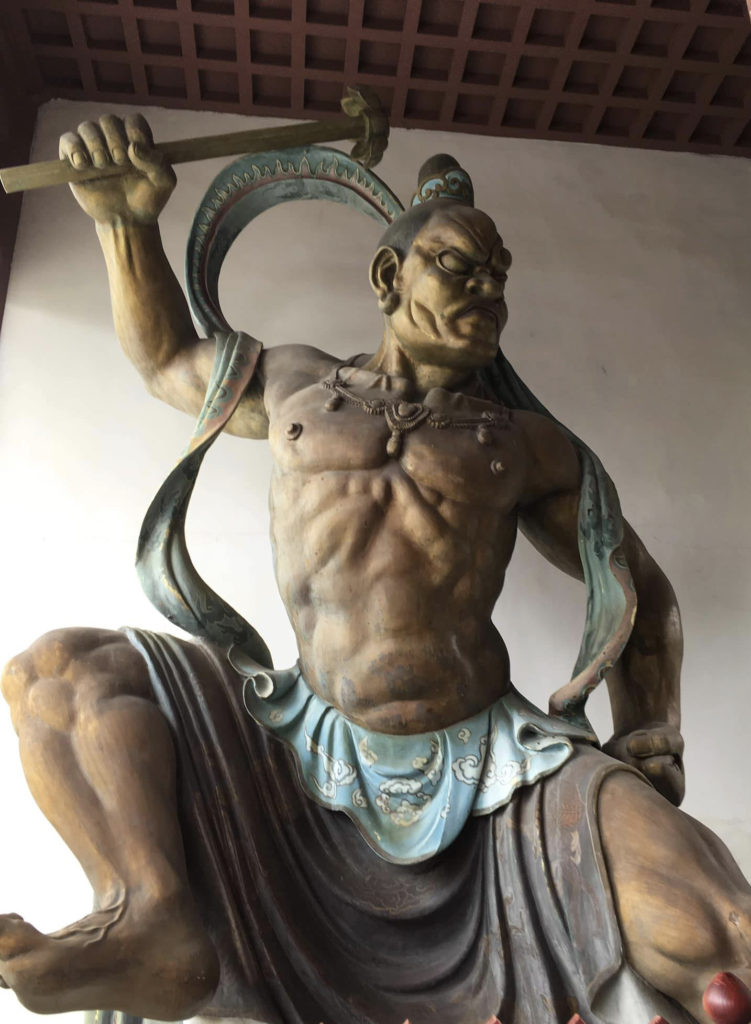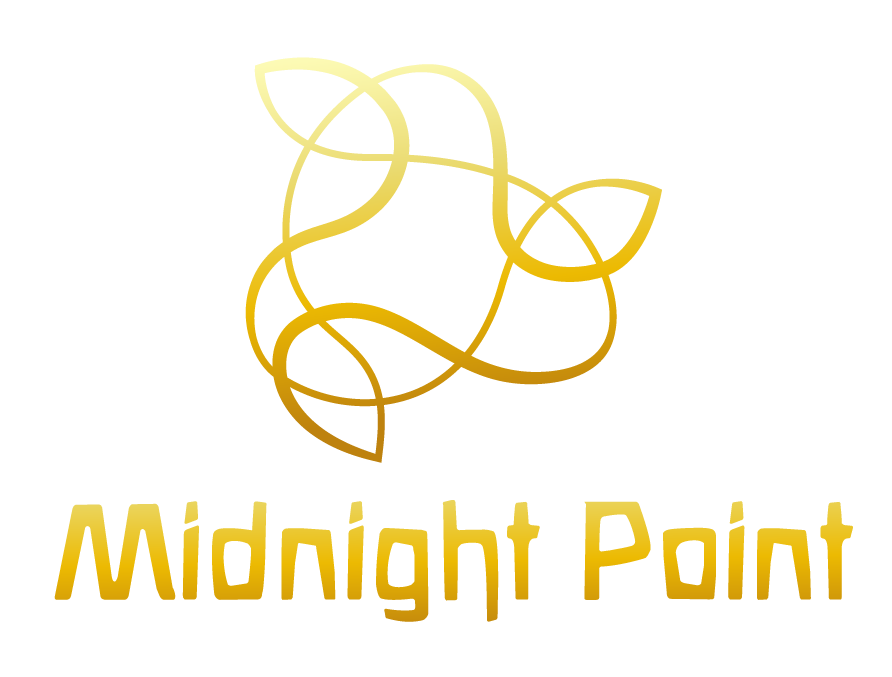How is Living in the Moment an Act of Courage?

‘It is I who must begin.
Once I begin, once I try –
Here and now,
Right where I am,
Not excusing myself
By saying things would be easier
elsewhere,
Without grand speeches and
ostentatious gestures,
But all the more persistently –
To live in harmony with the ‘Voice of
Being’,
As I understand it within myself –
As soon as I begin that,
I suddenly discover,
To my surprise,
that I am neither the only one,
Nor the first, nor the most important
one,
To have set out upon that road.
Whether all is really lost or not
Depends entirely on whether or not I am
lost.”
Vàclav Havel
In our developmental journey of selfhood, we continually create definitions of who we think we are. We generally base these upon our past experiences up to the moment of the present. As much as we may argue against the idea, this defining ourselves from past experiences is a form of egotism. For the vast majority of people, and for most of the time, our identities are hijacked by the percepts and constructs of thoughts connected to past experiences, which mesmerize us into more or less static images of ourselves. It is egotism, because the identity is based on a construct of thoughts and feelings about oneself, rather than on the experience of being the effervescent moment in which the I is ever creating, which is every moment. When we are in this mesmerized state, we are asleep to the activity of our I operating in the background of our consciousness.
When we have insights about our egotism, we do not necessarily experience victory, or transcendence of our egotism, for our egotism did not arise from our insight, but rather from our irrational subconscious, or unconscious being. When this egotistical , everyday consciousness, or past consciousness, makes thoughts about how to overcome egotism, a slippery slope ensues. Egotistical thinking cannot understand the non-egotistic. However, we do have intuitions which come down, as it were, from our higher “superconsciousness”, from which our everyday consciousness can receive ideas. This usually operates unconsciously, but now and then, we have experiences of awakening to these ideas.
The reality of our “I” cannot, as mentioned above, be experienced by a consciousness based in the past. Thus, a feeling of uncertainty in our existence, or a lack of self confidence is inevitable, until we learn, to whatever degree, how to be awake to the present moment. Lack of confidence is rooted in an inner judgment of the distinction between what I could be, and what I am, between what I might be, and what I have realized in my life. Instead of talking about self-realization, there has to be a recognition, an education of the person who is to be realized. Once we are really present in the moment, we are realized. To live in the present in our senses, in our perceptive thought, and in our feelings, we are free. This is a freedom, in contradistinction to being determined by outside influences, whether they be other people, religious thought, social norms, etc. Interestingly, it is a trap to have the intent to not be influenced by outside forces in a certain manner that becomes a constructed identity. This kind of identity is then a mental construct, rather than a living experience. Regardless of feeling adamant about maintaining that particular identity, there is an underlying uncertainty, even unhappiness and feelings of isolation in life.
Self Knowledge is Not Static
To live in the moment is an act of courage. To live without the crutches of the familiar, the expectations, the tried-and-true, and the acceptance of others, relying instead on one’s own raw, vulnerable, open and awake experience of the world, and to enter into one’s experiences with the same authenticity is a constant act of courageous radical trust in oneself. This is possible only to the degree we consciously determine our thoughts, feelings, and deeds in a free manner. This calls for a vigilance of what is essential, and not essential in these realms of our soul life. Living in the moment is a sought for way of being for many people.
There are many practices that have been developed over millennia, to promote this life way, addressing every aspect of our human nature; our physical body, our habits, feelings, our thoughts, our use of the word, our deeds, and the way we relate to the other. Every practice has one common element – the I, the doer/observer. Some ancient philosophies and practices have been misinterpreted in our age.
The existence of the I is not to be ignored or gotten rid of. Who is the one doing the ignoring? Who is the one observing? Who is the one trying to transcend them selves? It is our I, the only name that each of us call ourselves. You are another I. I am not you, and you are not me. The I is what separates us, so that we can independently determine our lives, freely, and it is what we can find our unity through. Separating and merging are the seemingly contradicting impulses through which we find and exercise our inner will to determine how we live in the world.
We are graced with this dynamic of our consciousness, and in many mysterious ways it unconsciously operates within us. However, we have the capacity and ability to consciously determine how our I is going to show up in the world. It is only in fairly recent times that people have begun to move away from not having their identities defined by blood, nationality, gender, or religion. This still exists in our world, but human consciousness is changing to being more individually defined and directed.
To be continued…
October 4, 2019

Recent Comments